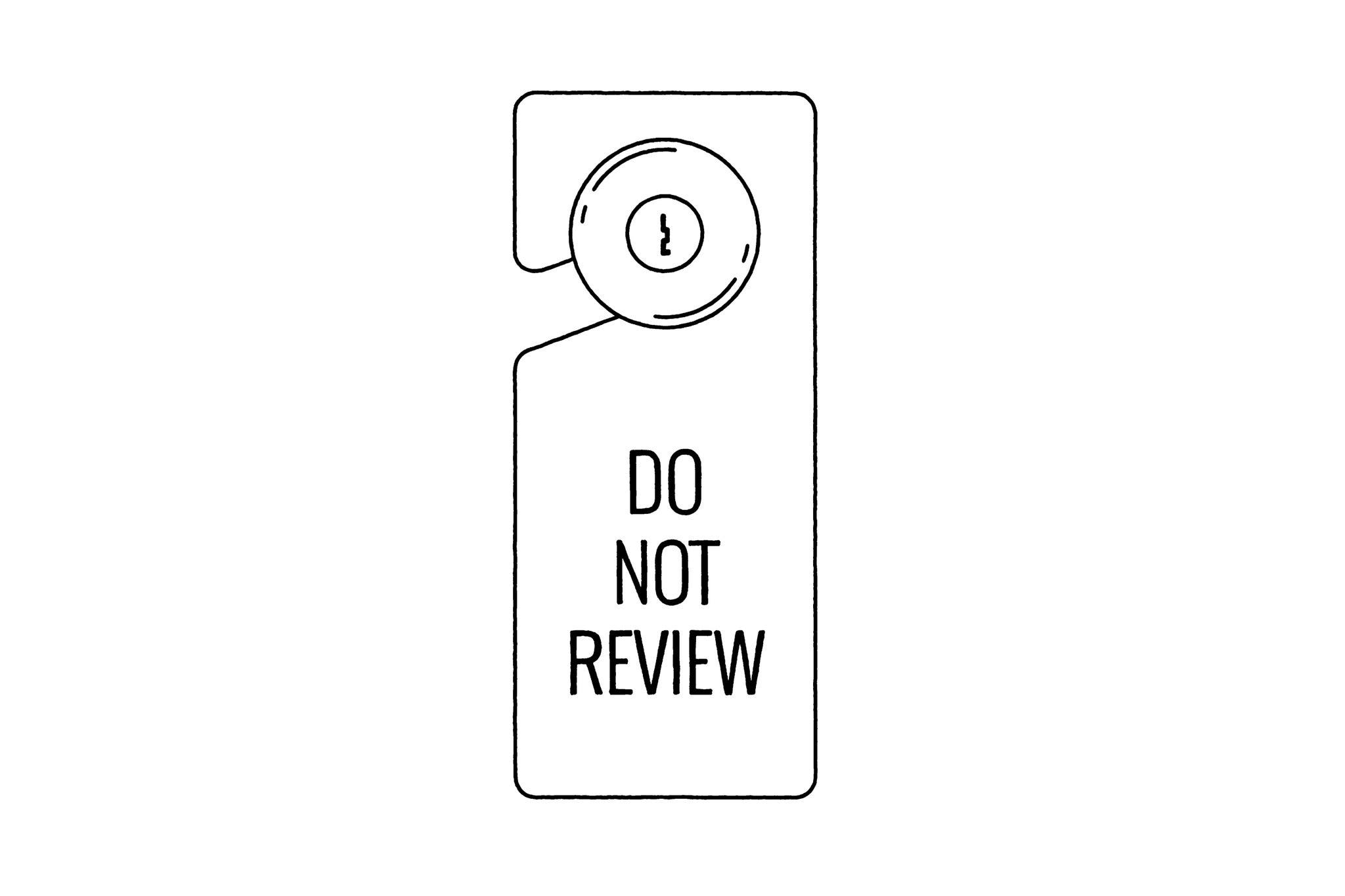

Feeling ripped off at tourist destinations is a common concern for travelers, casting a shadow over otherwise joyful trips. Many people leave tourist spots feeling cheated or dissatisfied, disappointed by inflated prices or misleading marketing tactics. This detailed article dives deep into the experience of feeling ripped off at tourist-focused destinations, providing insights into common scams, and offering practical strategies to protect yourself. This guide will help you navigate the potential pitfalls to ensure a more enjoyable and authentic travel experience. The following sections will cover the different types of tourist scams, strategies for avoiding them, and practical tips for ensuring a positive travel experience.
Understanding the Problem
Recognizing the Pain Points
The feeling of being ripped off while traveling can range from minor annoyances to significant financial losses. This frustration stems from the expectation of a positive travel experience, often dashed by unexpected and inflated costs. A major contributing factor is the inherent vulnerability of tourists, who might lack detailed knowledge about local pricing or the potential for deceptive practices. Tourists are often overwhelmed by new environments and may not be aware of common scams, putting them at risk.
Practical Advice
Researching destinations and comparing prices before visiting is crucial. Reading travel forums and reviews can provide insights into potential scams. Negotiation skills can be helpful in various situations, like bargaining for souvenirs or negotiating tour prices. Developing an understanding of common scams can help you recognize deceptive practices and avoid potentially problematic interactions. This understanding empowers travelers to make informed decisions and safeguard their interests.
Identifying Common Tourist Scams
Inflated Prices and Hidden Fees
Tourist areas frequently experience inflated pricing on goods and services intended to lure tourists into high-priced bargains. Hidden fees that are not clearly outlined or upfront are another common way that tourist scams manifest. Tourists are often targets due to their perceived lack of knowledge about local pricing, leading to potentially harmful financial losses. To mitigate the risk of inflated prices, check local price guides before committing to a deal. Look for online price comparison tools, which can provide valuable information about local pricing. It’s also wise to use a price comparison website before visiting to identify any potential pricing inconsistencies.
Strategies for Avoiding Tourist Traps
Pre-Trip Research and Planning
Thorough pre-trip research is essential for mitigating the risk of feeling ripped off. Checking local prices and comparing prices among different vendors or providers is a crucial step for any tourist. Reading reviews from other travelers is also important for gauging customer experiences and gaining insights into possible problems with a particular service or vendor. Online travel guides or forums can provide valuable information and insight. Knowing about the common tourist traps in a specific area can help travelers avoid potentially negative experiences.
Building Local Connections
Building relationships with local guides or people who are genuinely invested in your well-being, rather than simply out for a quick buck, can provide insights into local prices and customs. They are often familiar with potential scams, and they can help you avoid them. Establishing trusted relationships with locals often provides greater transparency and allows for a deeper, more authentic travel experience. They can even point you toward more authentic tourist experiences outside of heavily-trafficked tourist spots.
Navigating Tourist Attractions
Choosing Reputable Tours
Choosing reputable tour operators or tour guides is essential for avoiding negative travel experiences. Seek out operators with clear contact information, positive reviews, and verifiable licenses. Inquire about the experience of the tour provider before engaging in any tour contracts. Consider that your research into a potential operator should involve contacting them or their representative for information regarding potential scams.
Recognizing Misleading Information
Be discerning when presented with information about attractions or tours. Scrutinize the information and contact multiple sources for confirmation. Avoid situations where you feel pressured or rushed into making a decision. Use common sense and avoid operators that seem overly eager to make a deal without appropriate safeguards in place.
Protecting Your Finances
Using Secure Payment Methods
Using secure payment methods, such as credit cards or online payment systems that provide detailed transactions, can be vital for safeguarding financial information. Be vigilant in handling cash and using debit cards for any financial transactions. Consider obtaining local travel money in the form of cards or debit cards that provide detailed transactions as a safeguard against scams.
Budgeting and Financial Awareness
Develop a clear budget before traveling. Be aware of the local currency exchange rates and stick to your budget. Be mindful of your spending habits during the trip. Keep track of your receipts and any financial transactions. This way, if you are feeling ripped off, you have tangible proof of your transactions to help with reporting any potential fraudulent activities.
Case Studies and Examples
Case Study 1: The Overpriced Souvenir
One common scam is inflated souvenir pricing. Tourists often unknowingly pay exorbitant prices for souvenirs that can be found at lower costs in other places. Thorough research, even for smaller purchases, and comparing costs before making a decision can prevent this issue.
Case Study 2: The Hidden Fee on Tours
Some tour operators engage in hidden fees, with costs that are not clearly disclosed prior to purchase. Thoroughly investigate tour options and scrutinize any fine print. Look out for signs of potential issues. Compare potential tour prices based on similar offerings and features, and utilize any price comparison website or travel forum information.
Additional Tips
Negotiation
Learning basic negotiation techniques, such as asking for discounts or alternatives, can be extremely beneficial. Negotiation is a valuable tool in tourist settings, where costs are sometimes disproportionate to the item’s value. Consider the fair price and be confident in your negotiation tactics. Be polite and assertive; negotiate if you can, and walk away if you need to.
Respect Local Customs and Practices
It is always prudent to respect local customs and practices when traveling to other countries. This includes the local currency and any cultural nuances that may impact financial transactions. A good idea is to learn a few basic phrases in the local language to enhance your interaction with the local people.
Dealing with Negative Experiences
Reporting and Documentation
If you do feel that you have been ripped off, document your experience with receipts, photos, or other supporting evidence. Contact the local authorities, such as the tourist office or police, to report the incident and obtain the assistance you may require to resolve the situation.
Seeking Support
Reaching out to your embassy or consulate can be helpful, and you should have contact information for a support representative before you begin your travels. If there is a reputable travel agency, it is always a good idea to involve them in potentially problematic interactions.
Ensuring Authentic Experiences
Local Experiences
Prioritizing experiences outside of tourist hotspots can lead to more authentic connections. Local markets, restaurants, and cultural events offer a richer perspective. You can easily research these by looking for any local tour operators or tour guides that might offer local experiences.
Supporting Local Businesses
Shopping at local markets and small businesses can often provide unique items or experiences at a more reasonable cost. Supporting local businesses also has the potential to be more rewarding for the tourist; if you pay for products and experiences through local businesses you may be able to find better deals and a better experience.
Frequently Asked Questions
What are some common scams at tourist destinations?
Common tourist scams involve inflated prices, hidden fees, overpriced souvenirs, exaggerated tour narratives, or misleading information about attractions. These dishonest tactics aim to exploit the vulnerability of tourists unfamiliar with local prices and practices. It’s crucial to be cautious and compare prices, read reviews, and ask multiple sources for confirmation before committing to a deal.
How can I protect myself from feeling ripped off while traveling?
Protecting yourself from feeling ripped off involves several key steps. Thorough research beforehand is vital. Comparing prices and reading reviews are essential before making any purchases. Research the local pricing for common tourist goods and services. Bringing cash or using a travel card with no international fees is a good idea in case of issues with local payment systems. Stick to reputable tour operators, and consider utilizing licensed guides for local insights and knowledge of the area. Building a personal network with locals can also be extremely valuable.
In conclusion, feeling ripped off at tourist destinations is a widespread problem that can significantly impact your travel experience and enjoyment. By being aware of the potential scams, researching thoroughly, and making informed decisions, you can mitigate the risks and ensure a more positive and authentic travel experience. To avoid feeling ripped off, always be vigilant, and remember to do your homework before committing to any tours, activities, or purchases. This guide offers a comprehensive approach to navigating tourist destinations with confidence and awareness, empowering you to enjoy your trips without the sting of disappointment.